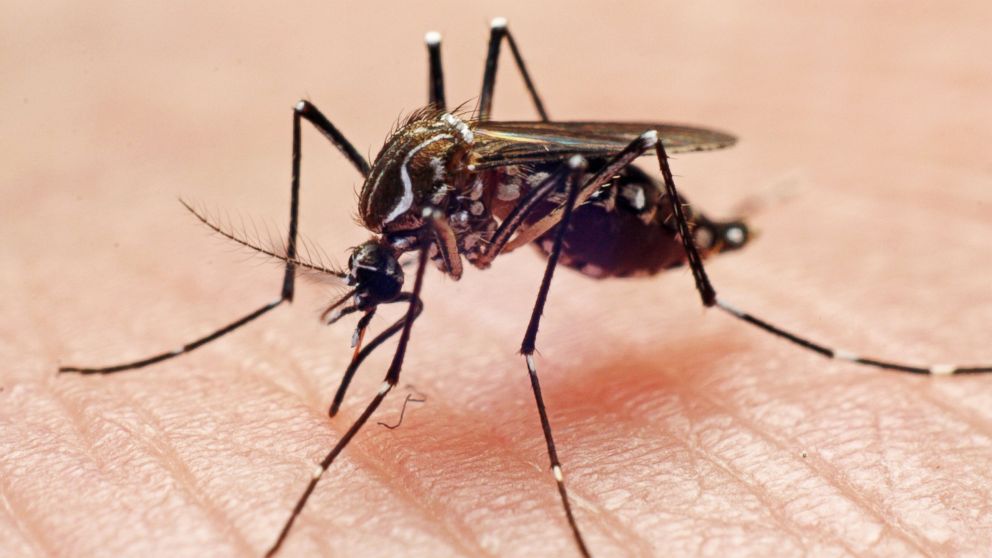9 Things You Didn't Know About Mosquito Bites
Surprising facts about summer’s least favorite insect.

— -- intro: Thanks to West Nile virus, mosquitoes have been in the news lately—and likely all over your backyard—but how much do you really know about them and the risks they pose?
We spoke with Jorge Parada, MD, medical director of the Loyola University Medical System Infection Control Program and advisor to the National Pest Management Association, and learned some surprising facts about summer’s least favorite insect and their bothersome bites.
quicklist: 1category: Surprising Facts About Mosquito Bitestitle: Not all mosquitoes biteurl:text: There are about 170 different mosquito species in North America (and 3,500 worldwide), says Dr. Parada, but not all of them bite humans. Of those that do, it’s only the females who are bloodsuckers—they use the protein to produce eggs. There are two species responsible for spreading disease in the United States: the Aedes aegypti and the Aedes albopictus, the latter of which is commonly known as the Asian tiger mosquito because of its black and white stripes.
quicklist: 2category: Surprising Facts About Mosquito Bitestitle: It’s unclear whether the bugs are attracted to blood typeurl:text: “Studies have claimed that people with Type O blood get bitten more than people with Type A or Type B, but these findings have been disputed,” says Dr. Parada. There’s also little evidence that wearing dark clothing attracts more mosquitoes, as is commonly believed.
How to Treat (and Avoid!) Summer Skin Problems
quicklist: 3category: Surprising Facts About Mosquito Bitestitle: …But we know they like CO2url:text: More likely, mosquitoes are drawn toward people who exhale higher levels of carbon dioxide—like pregnant women or beer drinkers, as some studies have suggested. “Mosquitoes find hosts by detecting body heat and chemical signals,” says Dr. Parada. “It is possible that these factors contribute to increased production of carbon dioxide, making it easier for mosquitoes to sense human presence.”
quicklist: 4category: Surprising Facts About Mosquito Bitestitle: Some people itch more than othersurl:text: Almost everyone will feel the itchy aftermath of a mosquito bite, says Dr. Parada, although it can be worse for certain people who tend to develop more pronounced bumps or hives. “The itchiness is due to histamine release in our bodies in response to the mosquito’s saliva that’s injected while they’re drinking our blood,” he explains.
Your 12 Worst Allergy Mistakes
quicklist: 5category: Surprising Facts About Mosquito Bitestitle: Yes, scratching makes bites worseurl:text: If you can resist, try not to scratch those itchy bumps: It only stirs up the skeeter saliva and increases your body’s histamine response, therefore making the itching worse, says Dr. Parada. “Additionally, over-scratching might cause breaks in the skin that can leave room for an infection.”
quicklist: 6category: Surprising Facts About Mosquito Bitestitle: OTC meds can helpurl:text: After a mosquito run-in, the best course of action is to wash bites using mild soap and cold water, which can provide some relief and also help reduce infection risk. If the bites still itch, treat them with anti-inflammatories or topical antihistamines, like Benadryl gel or over-the-counter 1% hydrocortisone cream.




